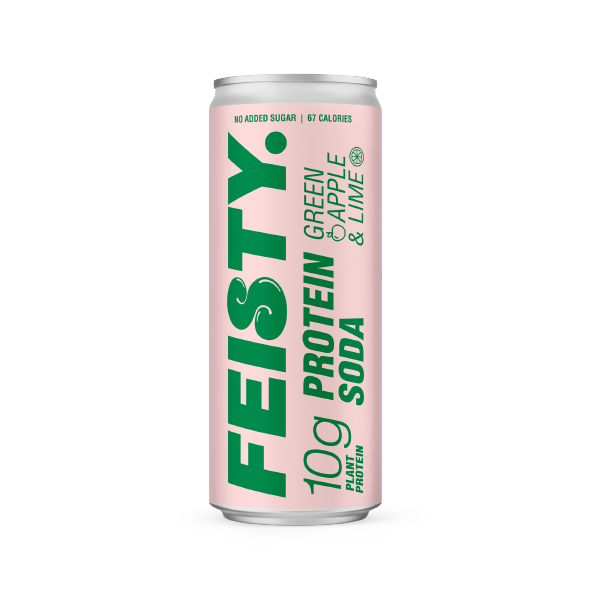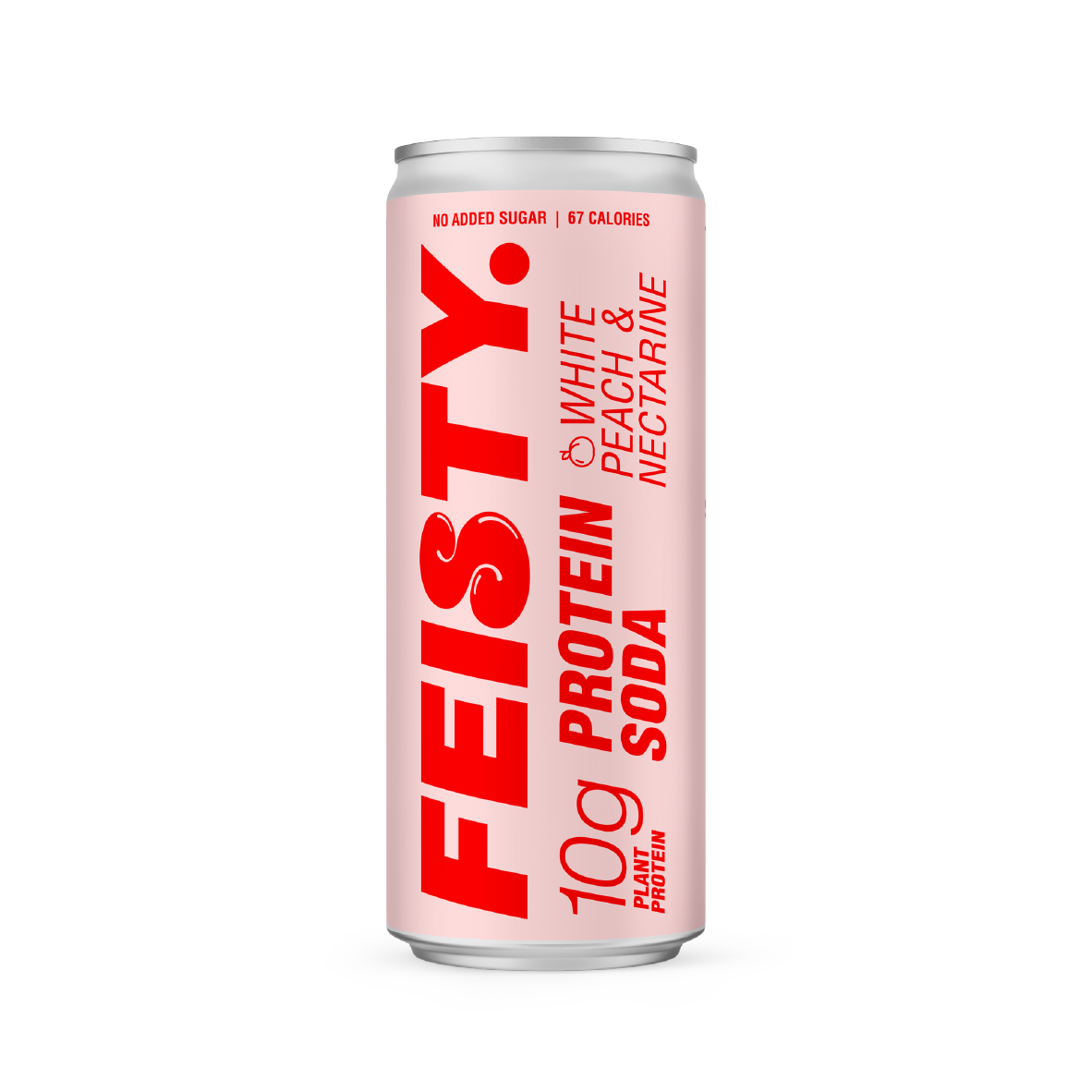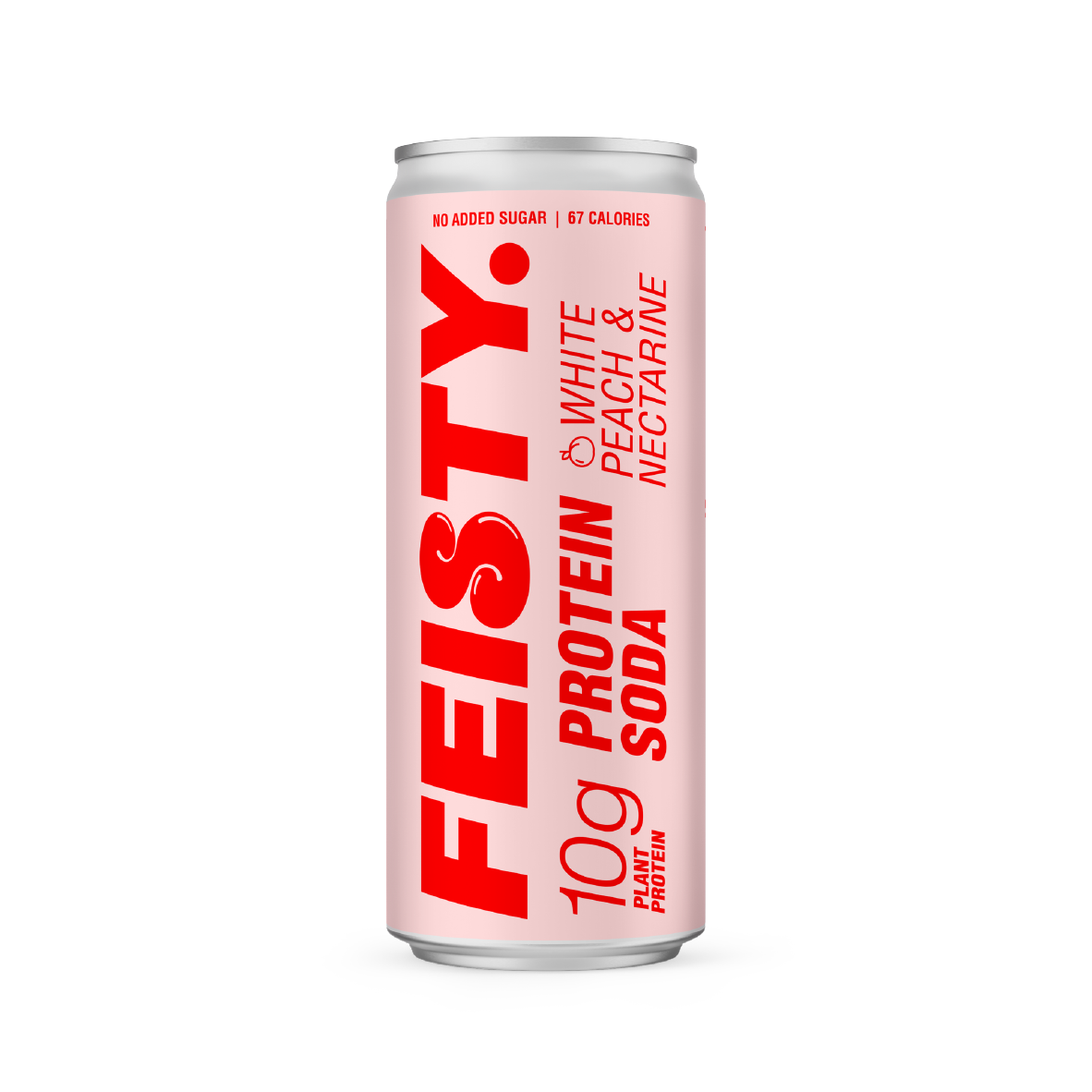Fuel Your Fitness: The Truth About When to Drink Protein
Are you hitting the gym regularly and wondering when is the best time to chug down that protein drink? We've got you covered. In this article, we'll cut through the myths and give you the truth about when to drink protein. Whether you're looking to build muscle, support recovery, or enhance performance, timing is everything when it comes to protein consumption.
The wait is over; it's time to debunk the misconceptions. Should you drink protein before, after, or during your workout? We'll break down the science and provide you with evidence-based advice to help you optimize your fitness routine.
Discover the benefits of consuming protein at different times throughout your day and the impact it can have on muscle protein synthesis. From understanding your individual needs and goals to the importance of post-workout nutrition, we'll explore the strategies that can help you fuel your fitness effectively.
Don't be left in the dark when it comes to protein timing. Get ready to take your fitness journey to the next level with the truth about when to drink protein.
Why timing is important when consuming protein
Consuming protein at the right time is crucial for maximizing its benefits. Protein is made up of amino acids, which are the building blocks of muscles. When you consume protein, it gets broken down into amino acids that are then used to repair and build muscle tissue.
Timing your protein intake strategically can enhance muscle protein synthesis, which is the process by which your body builds new muscle proteins. By consuming protein at the right times, you can optimize this process and support muscle growth and recovery.
Research suggests that consuming protein within a certain time frame before and after your workout can have a significant impact on muscle protein synthesis. Let's dive deeper into the common misconceptions and explore the truth about protein timing.
The anabolic window myth: debunking the 30-minute rule
For years, fitness enthusiasts believed in the concept of the "anabolic window," which suggested that you had to consume protein within 30 minutes after your workout for maximum muscle growth. However, recent studies have debunked this myth.
While it's true that consuming protein after your workout is beneficial, there is no hard and fast rule about the timing. The anabolic window is much more extended than previously thought. Research shows that muscle protein synthesis is elevated for up to 24 hours after your workout, so you have more time than you might think to refuel your muscles.
Instead of obsessing over consuming protein immediately after your workout, focus on meeting your daily protein requirements and spreading out your protein intake throughout the day. This approach ensures a steady supply of amino acids for muscle repair and growth.
Understanding protein digestion and absorption rates
To understand the best timing for protein consumption, it's essential to know how your body digests and absorbs protein.
Different protein sources have varying digestion and absorption rates. Whey protein, for example, is quickly digested and absorbed, making it an excellent option for post-workout recovery. On the other hand, casein protein is slowly digested, providing a sustained release of amino acids over several hours.
By considering the digestion and absorption rates of different protein sources, you can strategically plan your protein intake to meet your specific needs and goals.
Pre-workout protein consumption: benefits and considerations
Consuming protein before your workout can provide several benefits. Firstly, it helps prevent muscle protein breakdown during exercise, ensuring that your body has a readily available source of amino acids to fuel your workout.
Additionally, pre-workout protein can stimulate muscle protein synthesis, especially when combined with resistance training. By having a protein-rich meal or snack before your workout, you can enhance muscle growth and recovery.
However, it's important to consider your individual preferences and digestive capacity. Some people may experience discomfort or bloating if they consume too much protein before a workout. Experiment with different protein sources and portion sizes to find what works best for you.
Post-workout protein consumption: optimal timing and benefits
While the anabolic window may not be as narrow as once thought, consuming protein after your workout is still beneficial. Post-workout protein consumption helps replenish glycogen stores, reduces muscle soreness, and supports muscle protein synthesis.
To maximize the benefits, aim to consume protein within a few hours after your workout. This allows your body to take advantage of the increased muscle protein synthesis stimulated by exercise.
Whey protein, due to its rapid digestion and absorption, is a popular choice for post-workout nutrition. However, any high-quality protein source can be effective. Consider incorporating lean meats, poultry, fish, eggs, or plant-based protein sources into your post-workout meals or snacks.
Protein consumption during the day: spreading out intake for muscle synthesis
While post-workout protein is essential, it's equally important to spread out your protein intake throughout the day. Consuming protein at regular intervals ensures a constant supply of amino acids for optimal muscle protein synthesis.
Research suggests that consuming 20-30 grams of protein per meal is sufficient to maximize muscle protein synthesis. Aim to include high-quality protein sources in each meal, such as lean meats, poultry, fish, dairy products, eggs, legumes, or plant-based protein options.
By distributing your protein intake evenly throughout the day, you can support muscle growth, recovery, and overall fitness goals.
Factors to consider when determining protein timing for your fitness goals
While the general guidelines for protein timing are helpful, it's essential to consider individual factors when determining the best approach for your fitness goals.
Firstly, consider the intensity, duration, and type of exercise you engage in. Endurance athletes may benefit from pre-workout protein to prevent muscle breakdown during long training sessions. On the other hand, resistance training enthusiasts may focus more on post-workout protein to support muscle repair and growth.
Additionally, consider your personal preferences, digestive capacity, and lifestyle. Experiment with different protein timing strategies to find what works best for you and fits seamlessly into your routine.
The importance of overall protein intake for muscle growth and recovery
While protein timing is crucial, it's equally important to ensure you're meeting your overall protein requirements. The amount of protein you consume daily plays a significant role in muscle growth, recovery, and overall fitness.
The general recommendation for protein intake is around 0.8 grams per kilogram of body weight. However, athletes and individuals engaged in intense exercise may require higher amounts to support their training goals.
Consult with a registered dietitian or nutritionist to determine the optimal protein intake for your specific needs and goals. They can help you calculate your protein requirements based on factors such as age, gender, weight, and activity level.
Conclusion: finding the right protein timing strategy for your fitness routine
When it comes to protein timing, there is no one-size-fits-all approach. The best protein timing strategy for your fitness routine depends on your goals, preferences, and individual factors.
While the anabolic window might not be as critical as once believed, consuming protein before, after, and throughout the day can support muscle growth, recovery, and performance.
Experiment with different protein sources, portion sizes, and timing strategies to find what works best for you. And remember, consistency is key. Meeting your daily protein requirements and staying consistent with your fitness routine will yield the best results in the long run.
Don't be left in the dark when it comes to protein timing. Fuel your fitness effectively and take your workout to the next level with evidence-based strategies for consuming protein at the right times. Your muscles will thank you.




![Sicilian Lemon Lime Protein Soda [Limited edition]](http://feistydrinks.com/cdn/shop/files/FeistyDrinksProteinSoda10gramsSicilianlimelemon2_b8acb0e3-899b-45f9-bd87-d4215b80646d.jpg?v=1739397526&width=3000)






![Sicilian Lemon Lime Protein Soda [Limited edition]](http://feistydrinks.com/cdn/shop/files/FeistyDrinksProteinSoda10gramsSicilianlimelemon2_b8acb0e3-899b-45f9-bd87-d4215b80646d.jpg?v=1739397526&width=2000)
